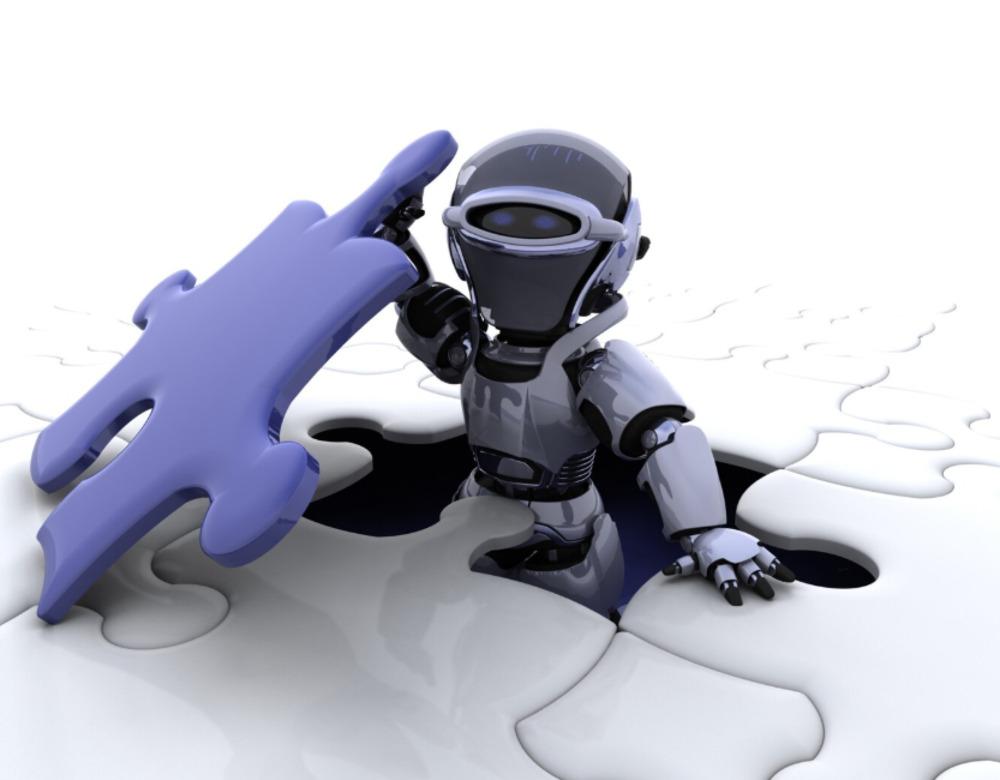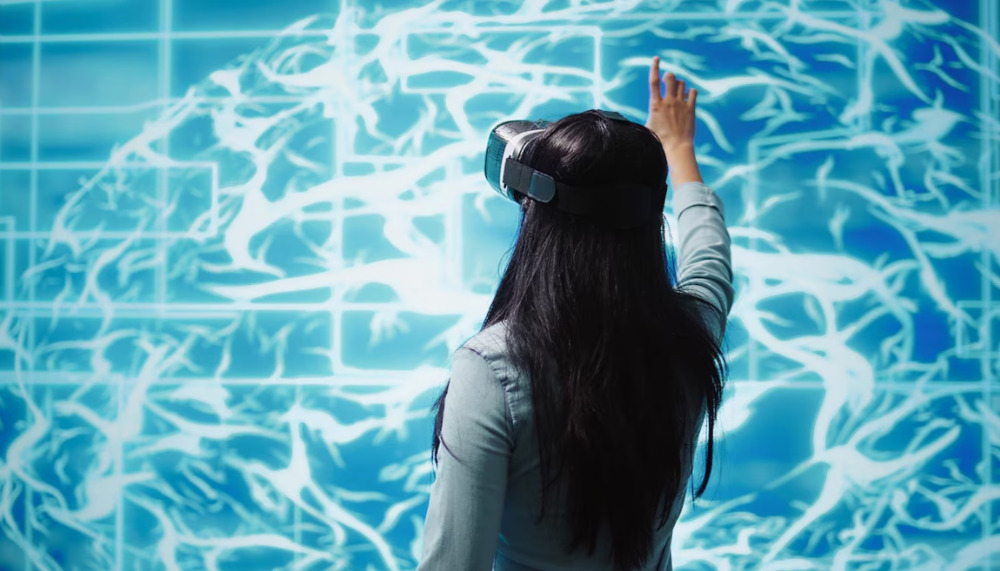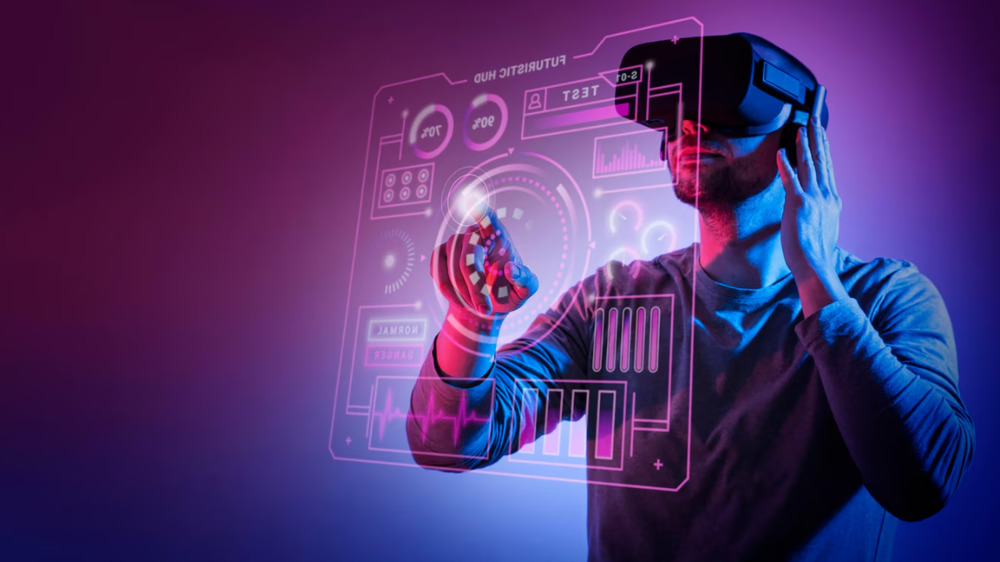As artificial intelligence (AI) continues to evolve at a breakneck pace, the question on everyone's mind is: will AI replace jobs? ? The rapid advancements in automation technology have sparked debates across industries, with some fearing job losses while others see opportunities for growth and innovation. In this blog, we will explore the impact of AI on employment, backed by rich statistics and clear tables, to provide a comprehensive understanding of this pressing issue.

The Current Landscape of AI and Employment
According to a report by McKinsey, up to 800 million jobs could be displaced by automation by 2030. However, the same report suggests that AI could create 555 million new jobs in the same timeframe. This duality highlights the transformative potential of AI, where some roles may become obsolete while new ones emerge.
Job Displacement vs. Job Creation
To better understand the balance between job displacement and creation, let’s take a look at the following table:
| Year | Jobs Displaced (Millions) | Jobs Created (Millions) | Net Change (Millions) |
|---|---|---|---|
| 2020 | 20 | 10 | -10 |
| 2025 | 50 | 30 | -20 |
| 2030 | 100 | 70 | -30 |
| 2035 | 200 | 150 | -50 |
| 2040 | 300 | 400 | +100 |
This table illustrates the projected job displacement and creation over the next two decades. While the initial years show a net loss of jobs, the trend shifts by 2040, indicating that the job market may stabilize and even flourish as new roles emerge. ?
Industries Most Affected by AI
Certain industries are more susceptible to automation than others. A study by the World Economic Forum highlights the following sectors as being significantly impacted:
- Manufacturing: With robots and AI systems taking over repetitive tasks, this sector is expected to see a significant reduction in manual labor jobs.
- Retail: Automated checkout systems and AI-driven inventory management are changing the landscape of retail jobs.
- Transportation: The rise of autonomous vehicles could lead to a decline in driving jobs, particularly in logistics and delivery services.
Employment Impact by Industry
The following table summarizes the projected impact of AI on various industries:
| Industry | Jobs at Risk (%) | Jobs Created (%) | Net Impact (%) |
|---|---|---|---|
| Manufacturing | 40% | 10% | -30% |
| Retail | 30% | 15% | -15% |
| Transportation | 25% | 5% | -20% |
| Healthcare | 10% | 20% | +10% |
| Information Tech | 5% | 25% | +20% |
This table provides a clear picture of how different industries will be affected by AI. While manufacturing and transportation face significant job losses, sectors like healthcare and information technology are expected to thrive, creating new opportunities for employment. ?
The Skills of the Future
As the job market evolves, so too must the skills of the workforce. A report from the World Economic Forum indicates that by 2025, 85 million jobs may be displaced due to a shift in labor between humans and machines. However, 97 million new roles may emerge that are more adapted to the new division of labor.
To prepare for this shift, workers will need to focus on developing skills that are less likely to be automated. These include:
- Critical Thinking: The ability to analyze and evaluate information effectively.
- Creativity: Innovation and the ability to think outside the box.
- Emotional Intelligence: Understanding and managing emotions in oneself and others.
Skills in Demand
Here’s a table that outlines the top skills that will be in demand in the future job market:
| Skill | Importance Level (1-10) | Likelihood of Automation (%) |
|---|---|---|
| Critical Thinking | 9 | 10% |
| Creativity | 8 | 15% |
| Emotional Intelligence | 9 | 5% |
| Technical Skills | 7 | 30% |
| Adaptability | 8 | 20% |
This table emphasizes the importance of soft skills, which are less likely to be replaced by AI. As we move forward, investing in these skills will be crucial for job security and career advancement. ?
Conclusion: Embracing Change
The rise of AI and automation presents both challenges and opportunities. While it is undeniable that some jobs will be lost, the potential for new roles and industries to emerge is equally significant. By focusing on developing skills that complement AI rather than compete with it, workers can position themselves for success in the evolving job market.
For more insights on how to prepare for the future of work, check out resources from the World Economic Forum and McKinsey. Embrace the change, and remember that the future of work is not just about survival; it’s about thriving in a new era of innovation! ?✨



